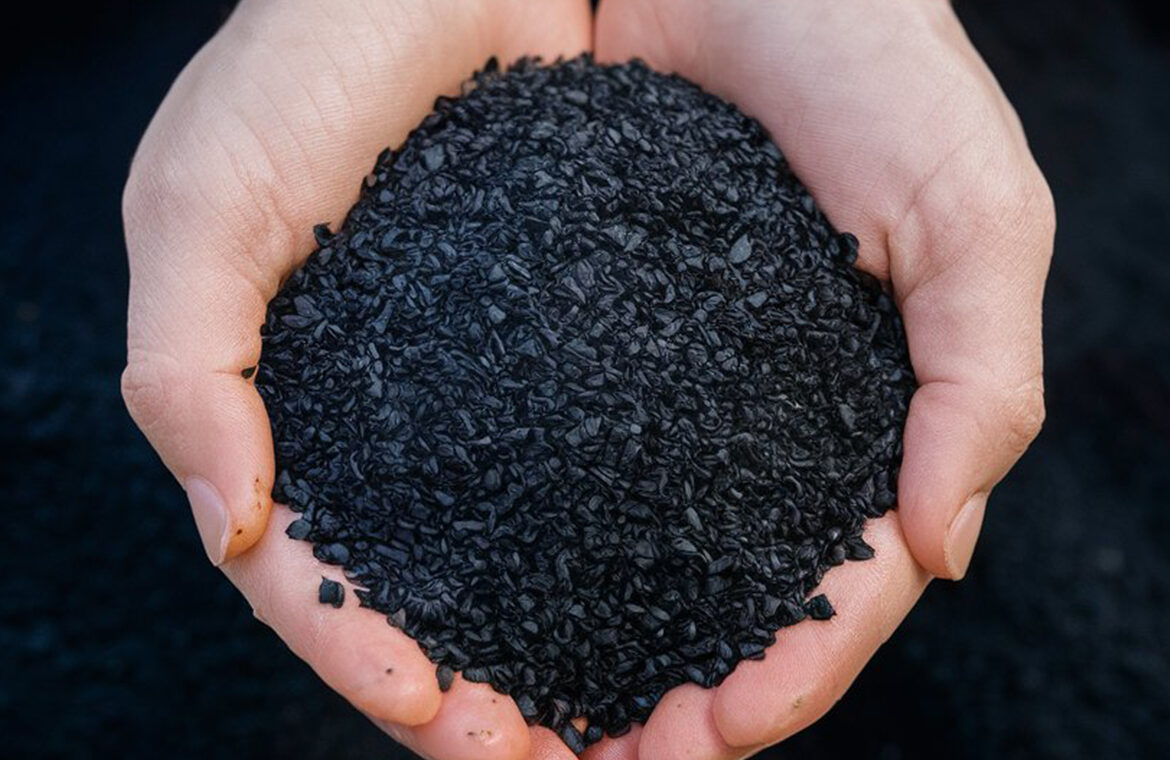Coconut charcoal has gained popularity in recent years for its eco-friendly and versatile properties. As a coconut charcoal exporter, we specialize in providing high-quality coconut charcoal for various applications. However, it’s essential to clarify that we do not deal with activated coconut charcoal. In this blog, we’ll delve into the differences between coconut charcoal and activated coconut charcoal, their uses, and why our focus remains on the former.
What is Coconut Charcoal?
- Origin and Production: Coconut charcoal is derived from the shells of coconuts. These shells are a natural byproduct of coconut harvesting.
- Manufacturing Process: The shells are carbonized through a process of heating in a low-oxygen environment. This process removes volatile compounds and moisture, leaving behind pure carbon.
Properties
- High Carbon Content: Coconut charcoal typically has a high carbon content, making it an excellent fuel source with high heat output.
- Low Ash Content: Compared to other types of charcoal, coconut charcoal tends to produce less ash, resulting in cleaner burning.
- Sustainable: Utilizing coconut shells for charcoal production is eco-friendly, as it repurposes waste material.
Common Uses
- Barbecuing and Grilling: Coconut charcoal is prized by barbecue enthusiasts for its clean-burning properties and long-lasting heat.
- Industrial Applications: It is used in various industrial processes such as metallurgy, water purification, and air filtration.
- Hookah and Shisha: Coconut charcoal is popular in hookah smoking due to its mild flavor and minimal odor.
What is Activated Coconut Charcoal?
- Activation Process: Activated charcoal is produced by heating coconut charcoal in the presence of a gas that causes the charcoal to develop pores. This increases its surface area, making it highly adsorbent.
- Adsorption Properties: Activated coconut charcoal is known for its ability to adsorb toxins and impurities, making it a common ingredient in water and air filters, as well as in medical and cosmetic products.
Differences Between Coconut Charcoal and Activated Coconut Charcoal
- Purpose: While coconut charcoal is primarily used for fuel and industrial purposes, activated coconut charcoal is valued for its adsorption properties.
- Surface Area: Activated coconut charcoal has a significantly larger surface area due to its porous structure, making it more effective for adsorption.
- Applications: Coconut charcoal is used in cooking and industrial processes, whereas activated coconut charcoal finds its place in purification and detoxification applications.
Why We Focus on Coconut Charcoal
- Expertise and Specialization: As a coconut charcoal exporter, our expertise lies in sourcing, manufacturing, and delivering high-quality coconut charcoal for traditional uses.
- Market Demand: While activated coconut charcoal has its niche market, the demand for traditional coconut charcoal remains high in various industries worldwide.
- Quality Assurance: By specializing in coconut charcoal, we can ensure the quality and consistency of our product, meeting the needs of our customers reliably.
Environmental Benefits of Coconut Charcoal
- Waste Reduction: Coconut charcoal production helps in reducing waste by utilizing coconut shells that would otherwise be discarded.
- Renewable Resource: Coconuts are a renewable resource, ensuring a sustainable supply of raw material for charcoal production.
- Carbon Neutral: Burning coconut charcoal releases carbon dioxide, but since it is derived from biomass, it is considered carbon-neutral.
Conclusion
Coconut charcoal and activated coconut charcoal serve different purposes in various industries. While activated coconut charcoal excels in adsorption, traditional coconut charcoal remains indispensable for cooking, industrial processes, and recreational activities. As a coconut charcoal exporter, our commitment to providing high-quality coconut charcoal reflects our dedication to meeting the diverse needs of our customers while contributing to sustainability and environmental responsibility.



